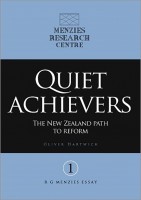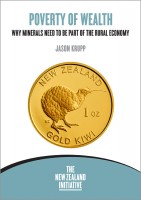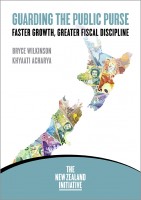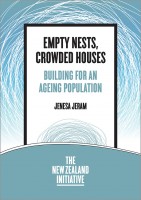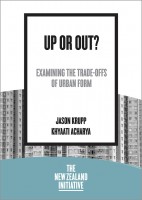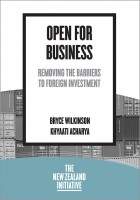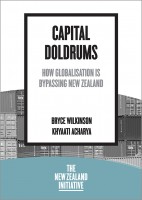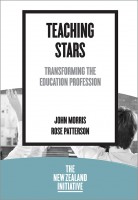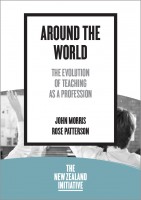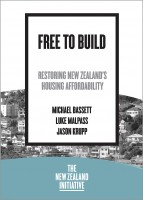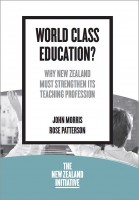
The ABC of Economic Literacy
In early 2014, there had been strong hints in the media that the next general election was likely to take place in September and so the team of The New Zealand Initiative was looking forward (well, sort of) to a very long, dragged out election campaign. Well, we decided to counter the political noise of the upcoming election campaign with our own campaign: The Campaign for Economic Literacy. Read more



